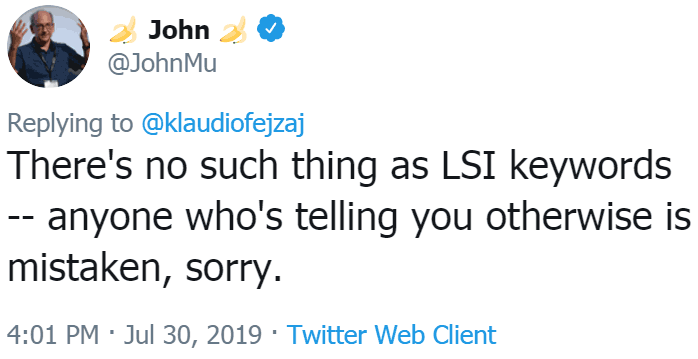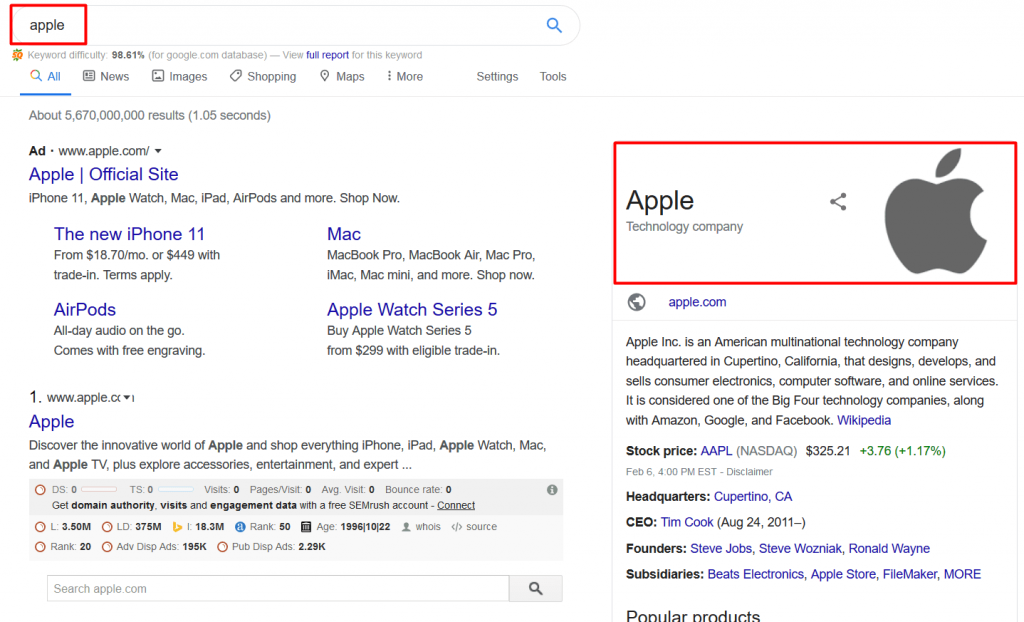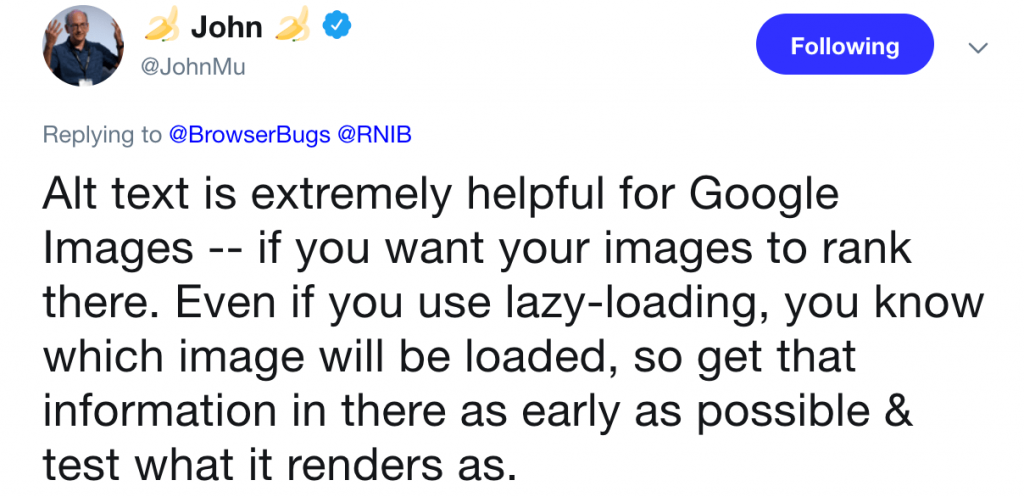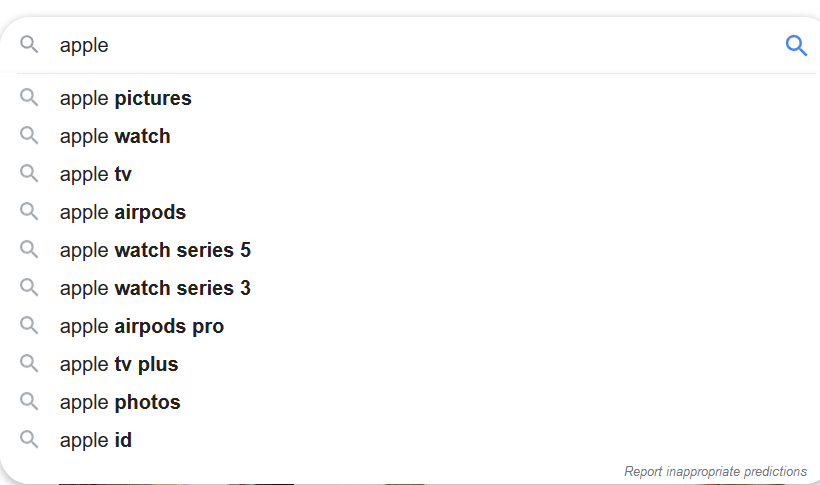LSI Keywords for SEO: How to Use Them
Many believe that LSI keywords can be very beneficial for SEO if mastered correctly. Whether it’s true or not, each webmaster should have an arsenal of ranking strategies that’s as vast as possible. We’ll explore LSI and its impact on the rankings in this article.
LSI: Latent Semantic Indexing
According to the SEO community, LSI keywords are phrases or single words that Google considers semantically-related to a certain subject. However, John Mueller from Google admits that there’s no such thing as LSI keywords.

To clear up this confusion, we first need to explore Latent Semantic Indexing (LSI). This is a processing technique from the ’80s. You don’t need to understand the backend of LSI to have a solid idea of how this concept works in action.
Sometimes, the information that you’re looking for is not indexed under the same keyword that you’re using for the search. Take “fall” and “autumn” for example. If you’re searching for the autumn season by using the keyword “fall” then, you don’t want to be showcased pictures of people falling. It is the search engine’s job to figure out this difference.
Synonyms and Polysemic Words
We all know that a synonym is a word that represents the same basic thing as another word. You can take fall and autumn, or rich and wealthy as an example.
Let’s say that we have two web pages about the topic cars but one uses the classic word “cars” and the other one “automobiles”. An ancient search engine will only display the first page when you’re searching for the keyword “cars” when both pages should be showcased.

The story with polysemic words is not much different either. They are words that mean two different things. “Mouse” can refer to the rodent or the computer hardware, the same as “apple” may refer to the fruit or the tech giant.
If you’re searching for “Apple computers” then you’d want the search engine to showcase only results relevant to the company. That’s why search engines need to understand the different facets of polysemic words.
How does LSI work?
Computers can’t understand the fundamental relationships between certain words in the manner that humans do. They can’t understand that fall and autumn are the same things, the same way they don’t know that Mick Jagger was part of Rolling Stones.
They don’t have this knowledge and, you can’t input it. It would simply take too long to do it.

Now, LSI, on the other hand, is using mathematical formulas to create relationships between keywords. If we’re using LSI to scan some documents about the automotive industry, the algorithm will likely figure out that cars are the same as automobiles.
Google and LSI
Although people rightfully assume that Google is using LSI, certainly, they are not. The engine can clearly understand how synonyms and polysemic words work but, Google is not using LSI.
Google representatives have stated multiple times that the search engine is not making use of this technology. There’s a couple of reasons that further strengthen Google’s decision not to use LSI.
LSI is outdated
The technology was invented in the ’80s, before the creation of WWW and the internet as we know it. It was only intended to be applied for scanning small documents, and not immense databases like the internet.
LSI simply put can’t handle the internet. Google has developed a more effective and scalable solution to handle this problem. It’s using a modern word vector approach that scales tremendously better and works perfectly on the web. LSI can’t stand a chance against Word2vec.
LSI is patented
Latent Semantic Indexing was patented by Bell Communications Research, Inc back in 1989. The patent expired in 2008, after 20 years. Google proved a solid understanding of language complexities way before 2008.
Google has been showcasing relevant results for synonyms since 2003. They have never used LSI and simply calling their technology LSI would be misleading.
Can related keywords help rankings?
Most people consider LSI keywords as being just a bunch of related words and keyphrases. Even if this is technically inaccurate, using related words in your articles can improve your ranking.

When you’re searching for the word “dogs” you certainly don’t want to find a page that’s only including the word “dogs.” You want something relevant to the topic. So, algorithms also take into considerations synonyms, pictures and videos to assess the relevance of your page.
These related keywords and keyphrases allow Google to have a better understanding of your article’s topic. The search engine is using this information to determine the rankings in the SERPS.
How to find related keywords
If you’re familiar with the topic of your article, then you can come up with related words naturally. It would be hard to talk about link building without mentioning certain words like dofollow, nofollow and UGC.
However, even if you know your topic, there’s still a chance that you might forget including some fundamental keywords. To make sure you always include related words, here’s a list of ways to find them.
Check autocomplete results
If you want to have a better understanding of your topic, take a look at the autocomplete queries from Google search. They don’t show related important related keywords all the time but they can help you find a few essential subjects that you might want to cover in your articles.

Check related searches in SERP
You can find plenty of related search queries at the bottom of the SERPs. They are similar to autocomplete results and they can give you some clues about your topic. You can find plenty of relevant keyphrases for your content.
Use a tool
You can find countless of “LSI keyword generators” on the web. Although they have nothing to do with LSI, they can give you a few relevant results or maybe some ideas. They may not always work as intended but they can represent a plan B anytime.
Conclusion
Although very popular for SEO, LSI keywords are not a real thing. But, as a concept, they exist in the form of related words and phrases that can boost rankings in certain cases.
Make sure to use them in context if you want to be as effective as possible. Don’t just spread them randomly across your text, use them where it makes sense.
That’s really great post. I appreciate, Thanks for sharing.